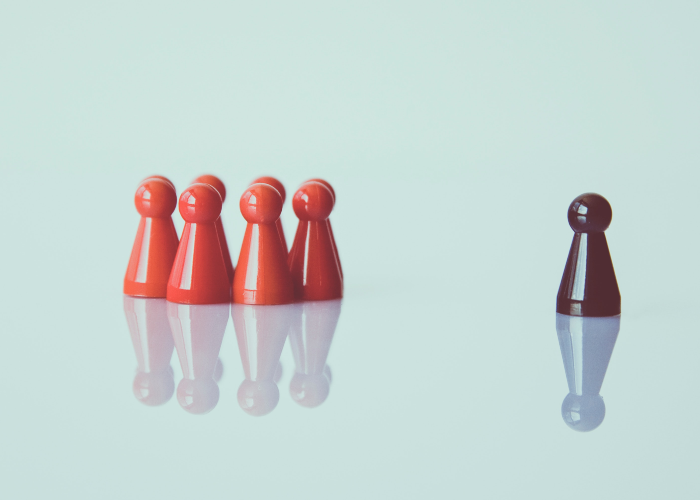If you’re one of the billion people currently quarantined you’re likely still adapting to a new type of normal. The first week might have felt like a nice break from the usual hustle and bustle of it all. Week two, you’re probably getting into the flow of things, figuring out what works and doesn’t work. And now, with predictions that this might be the circumstances for the next few months, there’s a lot to consider. Here are a few:
New Routines
I’m a big fan of routines, they keep me sane and organized. But naturally, as our lives change, so do our routines. Although, I agree with keeping up with main routines like getting up early, getting dressed, exercising. The fact is that establishing and maintaining routines can be a privilege. Given the current circumstances, for some many old routines might no longer work — and that’s okay. Maybe you now have a lot more spare time, maybe you’re a single parent with kids at home or maybe you’re quarantining solo. It might be necessary to take a step back and look at your routines with a fresh pair of eyes as you adjust to a new normal. According to Psychology Today …”Moving through a series of them [routines] can set us on autopilot throughout our day, which can lead us to lose touch with ourselves and our immediate experience—be it sensory or emotional.” Sometimes autopilot can serve us well in being efficient, but giving yourself space and time to process this new normal might require changing things up a bit.
Quarantine & Self-Care
Self-care can mean many things, it’s mostly just taking time to refresh, inspire and rejuvenate your mind, body, and soul. Ideally, we would all be able to prioritize self-care, but many times it gets pushed down on our to-do list, maybe even during a quarantine. For any overachievers out there you’ve already made a list of your #quarantinegoals: learning a new language, getting fit, writing that novel you’ve been putting off for years. These are all great, but are you allowing yourself to have just downtime?” Like real downtime, just you and your thoughts. According to The National Sleep Foundation and the Mayo Clinic, your brain utilizes downtime to download and consolidate all of the information it receives during the day. If you fill your downtime with digital distractions like playing games on your phone, posting on social media, or even reading e-books, your brain has no time left to process the world and form long-term memories. As part of your new self-care routine try to establish device-free, news free, brain breaks (before bed/after waking up) to help your brain recharge and refocus.
Positive Vibes
Positive vibes feel quite elusive these days. News updates are streaming through our phones, televisions and highlighted in almost every conversation about the tragic impact of the virus. While it’s important to stay informed, it’s also okay to set emotional boundaries and be aware of activities and relationships that might trigger unhealthy stress. This is a challenging balance to attain, working from home and being isolated from our loved ones, there’s a natural inclination to want to stay connected as much as possible. But keeping ourselves as open conduits can leave us emotionally drained, depleted and vulnerable to an overwhelming amount of negativity. There are fascinating studies that have been done that show that a positive mood can help “undo” the negative consequences of stress, even on a physical level. So seek out, dwell on and bask in any positive news, feelings, and energy that might come your way. It just might make all the difference as we all adjust to this new normal.

